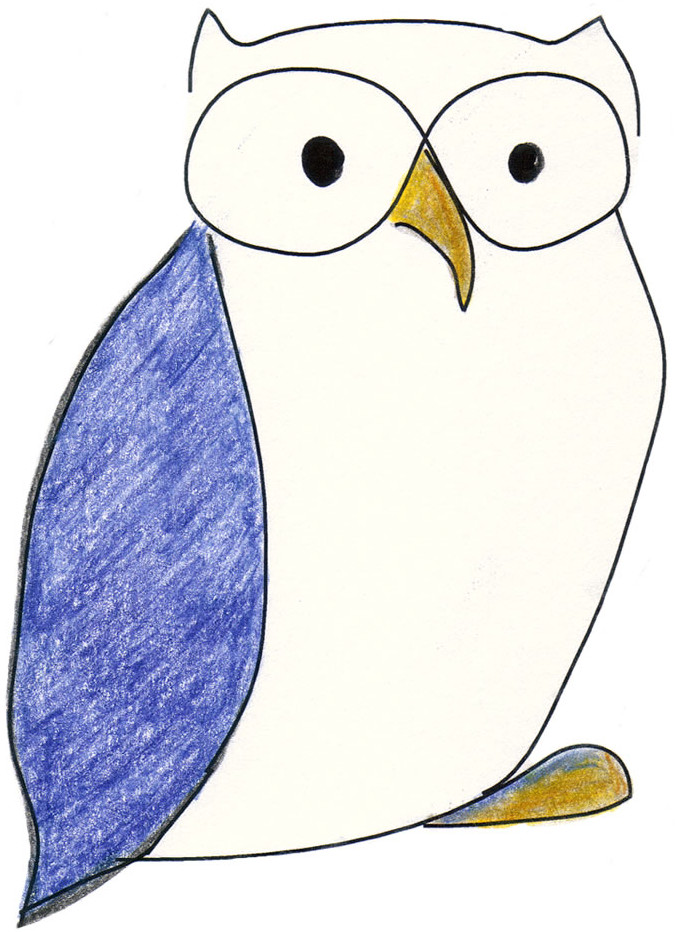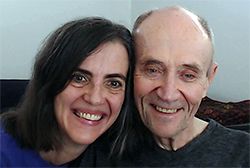Just One Look Forum Archives
Using the Just One Look Method
Hi, I have a question about controlling the attention. It makes perfect sense to me that the control of attention is the main freedom and power of being human. Actually, I manage quite well. However, somehow, I am not sure where to put the attention to. Is it ok to direct it away from unpleasant things, from drama that others impose on me? I am loosing people and I am no longer part in collective enthusiasm. It feels kind of lonely. And I feel powerful, as I can control what touches me, and what not. An example: A colleague at work lost a friend in an accident. His friend fell down a cliff shattering on the ground. his wife and children had to watch the accident. of course I realised all the horror. But dying is no big problem in my opinion. and i refused to go into the excitment of the horror as my collegue was expecting. So, in general, i find myself more and more in the situation that i refuse to meet the expectations of others, which makes me a bit lonely and hard, as I seem to reject the standardized code to connect with people. That said I have many other occasions where I can connect easily and deeply. So my question is: how did you decide where to put your attention? what was your guide, your authority? cheers, Bruno
I'm not a hundred percent certain that I know what you are asking here Bruno.
What is needed is to put your attention on what you are doing instead of on the thoughts about what you are doing, no matter how true or false they may be. This will strengthen and clarify your own authority over your attention.
My authority and guide was exactly what I am suggesting to you here. Attend to what you are doing even if you are doing nothing; decline to attend to the thoughts about what you are doing. And keep in mind that this is not the goal, but the means to the goal of effortless sanity and self-reliance, just as working with weights is not a goal, but a means to the end of increased strength and muscle mass.
John
Thank you very much, John. Does doing not often require decisions? So before doing, I somehow decide where I put my attention. Or, while doing I switch my attention to another cue and change my doing? So my confusion is, or always was, which sensation to follow, how to prioritize? What is worth following, what needs to be ignored? From your answer I get the impression that the trust what is correct will unfold naturally, as an instinct without the need of thinking. So I would not have to fear wrong decisions. Correct? Bruno
Hi John, I am confused by your answer. Previously, when you have spoken about putting attention, you have suggested watching and counting the breath, or simple related mindfulness exercises. Here, to me, you are unfolding a different strategy that I haven't seen you mention before. Are you suggesting a very "Zen" approach of curtailing the mind or am I misunderstanding you? Thank you, Marlowe
Yes, Marlowe, you are misunderstanding me, but it is probably my fault.
I have grown tired of explicating, over and over, every aspect of my view on matters such as this, and my response to this question was meant to focus as sharply as possible what I understood to be the specific question, which I took to be how I decide where to put my attention in my day-to-day life.
My reply was particularly in response to the writer's apparent confusion as to the usefulness of attending to states such as empowerment, loneliness, and so forth. From my point of view, attention to these matters is completely useless, since the states themselves carry with them no particular self-definition. The definition of these states as loneliness or empowerment is merely a result of judgments based on the present context. That's what I meant when I suggested that he put "attention on what you are doing instead of on the thoughts about what you are doing".
In day-to-day life, I attend to what I am actually doing, which includes practical thoughts pertaining to what I am doing. It does not include thoughts about what I am doing.
I have no interest whatsoever in curtailing the mind, a project which I see to be a symptom of the fear of life disease. The human mind is to me one of the more glorious results of evolution and the defining characteristic of human life.
I see the simple mindfulness exercises, as well as the deliberate effort to attend to what needs attention, to be, as I said in my reply, mere means to the end of 'effortless sanity and self-reliance', in which the intelligent use of attention is spontaneous and the human mind is fully engaged in the unfolding of life.
Let me know if this makes sense to you.
John
Bruno,
In your recounting of the story about the terrible fate that befell the friend of your friend, you report thusly: "And I refused to go into the excitement of the horror as my colleague was expecting."
Did you think through all the ramifications of your decision to respond as you did, or was your response just a matter of fact, expressed spontaneously?
Yes, doing requires decisions, but in a mind that is free of the fear disease those decisions often arise free of thought, with attention naturally resting on what you are doing, and just as naturally acting with self-reliant intelligence.
Most decisions are like that, obvious and spontaneous in the moment, requiring little recourse to discursive thought. And those that do require thoughtful consideration wait for insight to arise with no more effort than those that do not.
Working with the mindfulness exercises strengthens and makes more available the fluency of a self-reliant relationship with the sometimes wild unfolding of life.
So, yes, do not fear wrong decisions. They may happen, but you will also find no interest in defending them and holding on to them. When they are revealed to be wrong, what's needed to correct their effect will also naturally arise.
Let me know if this helps.
John
Dear John Yes, your answer helps, thank you. Best wishes, Bruno
Hi John, when you mention the 'mindfulness' exercises above are you relating to the 'act of focusing within' or something else?
Hello Matt,
What I referred to as 'mindfulness' exercises are better thought of as exercises in focused attention to distinguish them from the more spiritual meditations known as mindfulness in the Buddhist community.
You should be aware of the fact that there is nothing spiritual about what we do here now.
In a nutshell, we have come to see that the underlying cause of all human neurotic misery consists in the creation very early in life - perhaps at birth - of a psychological context that sees life itself to be untrustworthy, deeply dangerous, and requiring constant defensive monitoring lest we be swallowed up in its treachery. From this silent context arise all the psychological mechanisms that constitute the mind/personality of the humans afflicted with it. And judging by the state of the human world, it seems that almost all of us are.
We have also come to see that a very simple act of inward looking in which the focus of attention is deliberately brought into direct contact with the faint sensation that is recognizably and undeniably the feel of me, the person, will instantly snuff out that context and bring about a fresh start in the mind.
The existing, fear-driven psychology does not, of course, magically disappear, nor does a new, clean psychology magically come into being in its place. What does happen is that the old psychological mechanisms begin to fall away concurrent with the arising of a new and healthy psychology. In the beginning of this process, considerable confusion and mental misery often appears, but over time the mind fully heals and the personality goes sane.
It is during that period of recovery that the development of skillfulness in the use of the power we have to control our attention is most needed, and working with it from the start will serve the individual personality very well for the rest of life.
The more seriously you take the work of getting a clear understanding of the uniqueness of this approach, the better off you will be and the more fully you will realize its worth.
Along with the piece on focused attention, I would recommend that you begin by reading a paper written by a psychiatrist and two mental health professionals, which you can download here:
https://www.justonelook.org/articles.php
Welcome to sanity.
John
Thanks John, I get that there is nothing spiritual about what you do and I personally find this comforting. Furthermore, I can totally grasp your theory on the 'fear of life' deriving from birth... it makes sense to me, there is no mystery there. I have been searching for answers for a long time now and have been side-tracked more often than not. I'm beginning to feel my quest is over in the wake of my discovery of your work. How delightful! I am currently working through your material to grasp a deeper understanding of what I hope to embrace whole-heartedly into my life. I will probably have many more questions over the coming months through what I am anticipating will be an exciting and transforming journey of recovery.
Thanks again for the warm welcome
Matt

